
In today’s fast-paced urban lifestyle, obesity has become one of the most serious health challenges faced by millions across India. The capital city, Delhi, has witnessed a rapid rise in obesity-related diseases such as diabetes, hypertension, heart ailments, and sleep apnea. For individuals struggling with severe obesity and its related health issues, lifestyle changes and medication often prove insufficient.
This is where WeightLose Clinic, a leading Bariatric Surgery Center in Delhi, offers a life-changing solution through advanced surgical procedures and compassionate care.
Diet and Lifestyle Immediately After Surgery
After bariatric surgery, your digestive system is highly sensitive. The new stomach structure requires gradual reintroduction of food to prevent complications and ensure proper healing.
The recovery diet is divided into four key stages:
Stage 1: Clear Liquid Diet (Days 1–7)
This phase helps your stomach heal without pressure or stretching.
Allowed:
Water
Clear soups or broth
Sugar-free gelatin
Herbal tea (unsweetened)
Coconut water (unsweetened)
Electrolyte drinks (as recommended by the doctor)
Tips:
Sip slowly; avoid gulping.
Aim for at least 1.5–2 liters of fluid daily.
Stop drinking if you feel full or nauseated.
Stage 2: Full Liquid Diet (Weeks 2–3)
As your body adjusts, you can include protein shakes and blended foods.
Allowed:
Protein shakes (low sugar)
Skim milk or soy milk
Vegetable soups (strained)
Smooth pureed dal or khichdi
Greek yogurt (unsweetened)
Avoid:
Sugary, caffeinated, and carbonated beverages.
Thick or fibrous soups.
Goal: Meet your daily protein needs (60–70g) while staying hydrated.
Stage 3: Pureed/Soft Diet (Weeks 3–5)
Your diet now expands to soft foods that require minimal chewing.
Allowed:
Scrambled eggs
Mashed paneer or tofu
Cooked lentils, soft dal
Blended fruits like banana or avocado
Mashed vegetables (pumpkin, carrots, peas)
Smooth oatmeal or porridge
Tips:
Eat 4–6 small meals daily.
Chew thoroughly (even soft foods).
Stop eating at the first sign of fullness.
Stage 4: Solid Foods (After Week 6)
You can now gradually return to regular solid foods under your dietitian’s supervision.
Recommended:
Lean proteins (chicken, fish, eggs)
Cooked vegetables
Whole grains (in limited portions)
Fruits (low sugar)
Nuts and seeds (after approval)
Avoid:
Fried foods
Processed snacks
Sugary drinks
Alcohol
Red meat (initially)
Golden Rule: Eat slowly, mindfully, and in small portions. Your stomach is smaller, and overeating may cause discomfort, nausea, or vomiting.
Common Mistakes to Avoid After Bariatric Surgery
Skipping Protein Intake:
Leads to fatigue, hair loss, and muscle loss.Drinking While Eating:
It can stretch the stomach pouch and cause discomfort.Overeating or Eating Too Fast:
May cause nausea or vomiting.Neglecting Follow-Up Visits:
Skipping appointments increases the risk of deficiencies or complications.Ignoring Mental Health:
Emotional stability is vital to maintain long-term success.
Types of Bariatric Surgery Offered at WeightLose Clinic
At the Best Bariatric Surgery Center in Delhi, a range of surgical options are available, each tailored to the patient’s health profile, weight loss goals, and preferences. The expert team ensures every patient receives a personalized treatment plan for maximum effectiveness and safety.
1. Gastric Sleeve Surgery (Sleeve Gastrectomy)
This is one of the most commonly performed bariatric procedures. In this surgery, about 75–80% of the stomach is removed, leaving behind a narrow, banana-shaped sleeve. As a result, patients feel full after consuming smaller meals, leading to significant weight loss.
Benefits:
Minimal alteration to the digestive system.
Short hospital stay and faster recovery.
Substantial long-term weight loss.
2. Gastric Bypass Surgery (Roux-en-Y Gastric Bypass)
This procedure involves creating a small stomach pouch and connecting it directly to the small intestine. It restricts food intake and reduces calorie absorption.
Benefits:
Rapid and sustained weight loss.
Effective improvement in obesity-related diseases.
Long-term satisfaction with weight management.
3. Mini Gastric Bypass
A simplified version of the traditional gastric bypass, this surgery offers similar benefits with shorter operation time and reduced risk of complications.
Benefits:
Faster procedure.
Excellent results in terms of diabetes remission and weight loss.
Easier reversibility compared to other bariatric procedures.
4. Adjustable Gastric Banding
An adjustable silicone band is placed around the upper part of the stomach, creating a small pouch that limits food intake. The band can be tightened or loosened as needed.
Benefits:
Reversible and adjustable.
Shorter recovery time.
Suitable for moderately obese individuals.
5. Biliopancreatic Diversion with Duodenal Switch (BPD-DS)
This advanced surgery involves both stomach reduction and intestinal bypass. It is typically reserved for patients with severe obesity or metabolic disorders.
Benefits:
Maximum weight loss potential.
Effective in treating diabetes and lipid disorders.
Long-term success for selected patients.
Conclusion
Obesity is not just about appearance — it is a chronic health condition that can severely impact quality of life. For those who have tried and failed traditional weight loss methods, bariatric surgery offers a proven and lasting solution.
At WeightLose Clinic, the premier Best Bariatric Surgery Center in Delhi, patients receive more than just surgery — they gain a partner for life in their journey toward better health. With expert surgeons, advanced technology, and personalized care, the clinic ensures every patient achieves safe, sustainable, and transformative results.


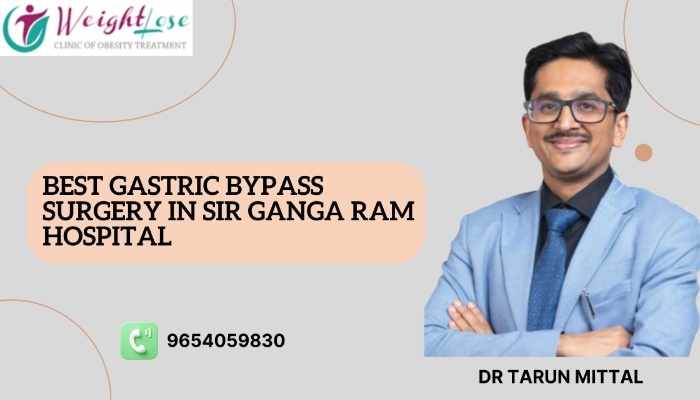
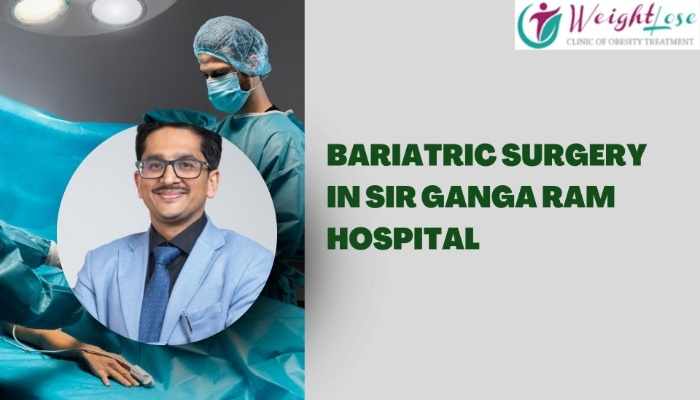





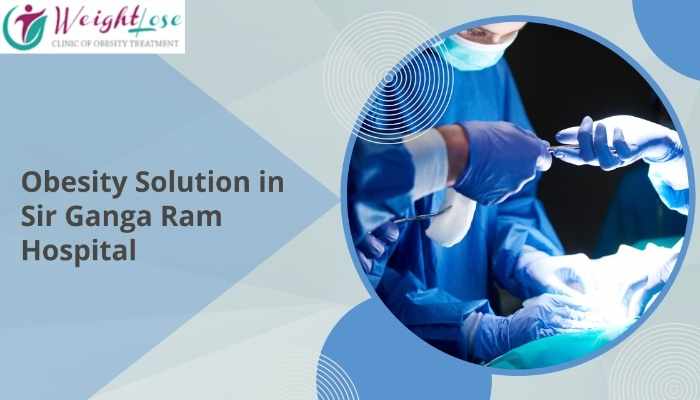
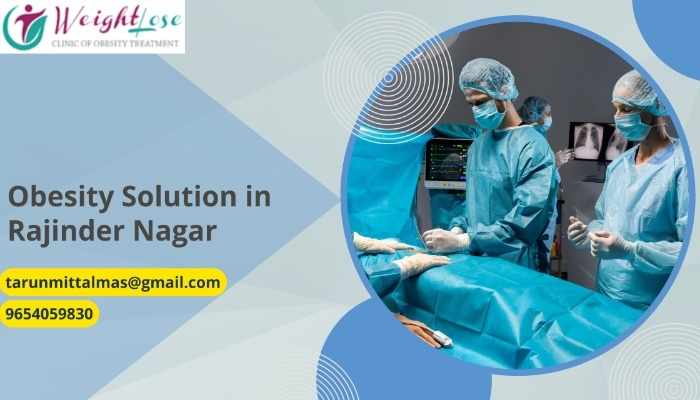

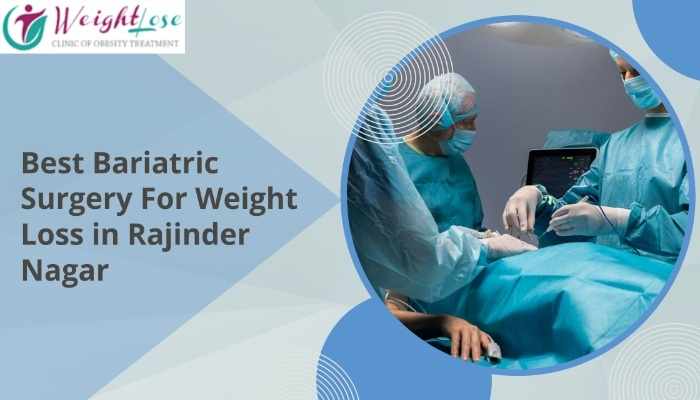
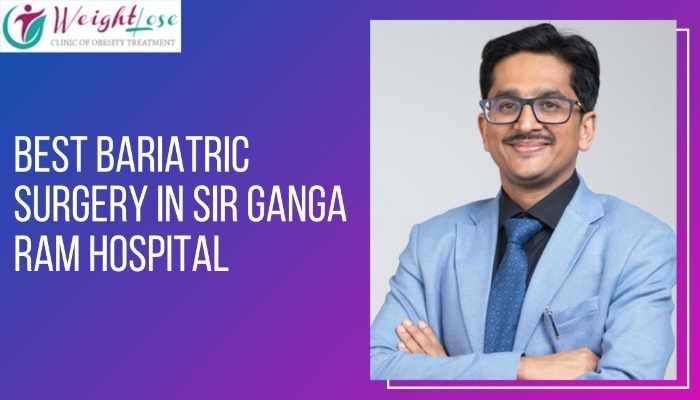
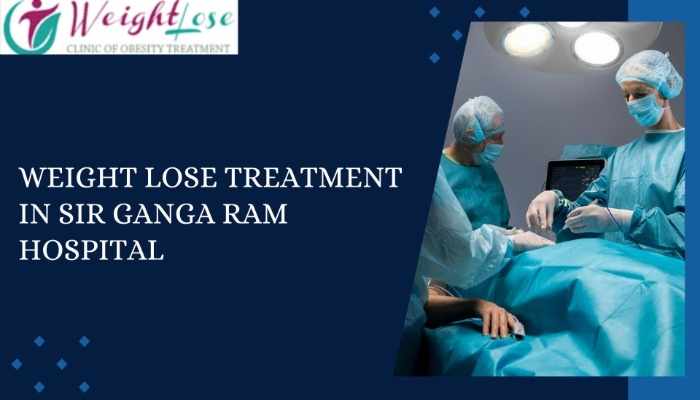
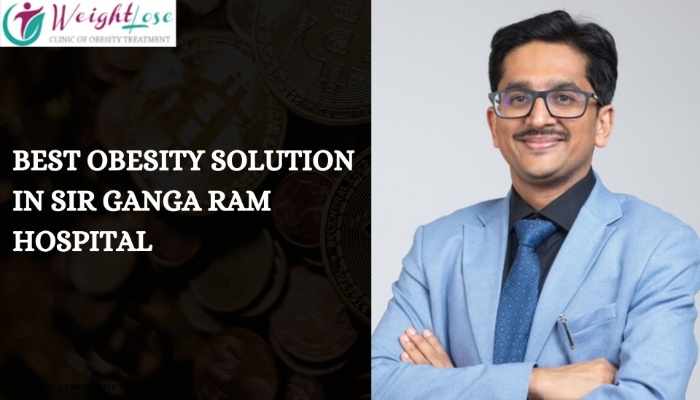




Write a comment ...